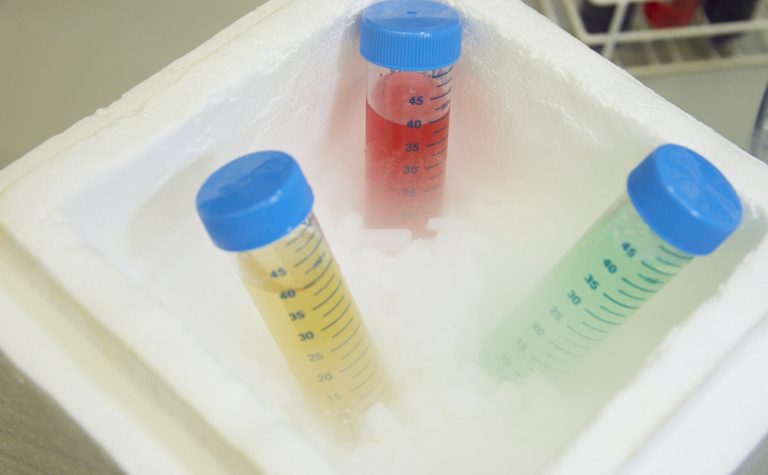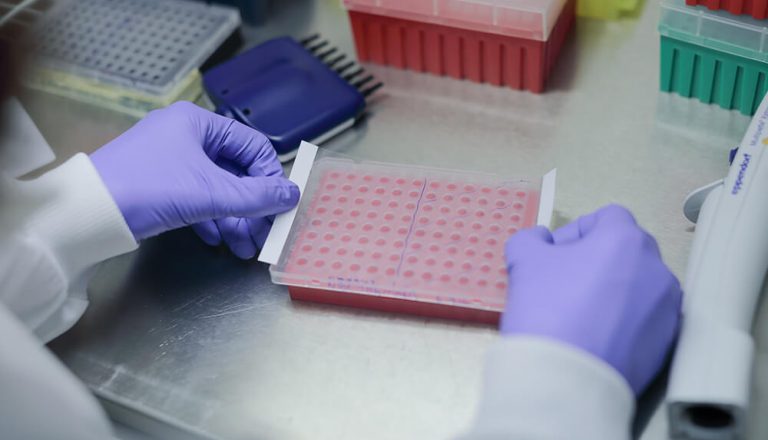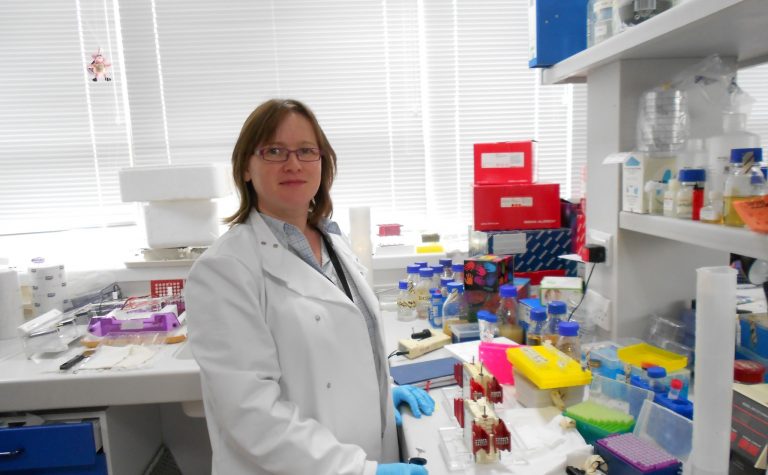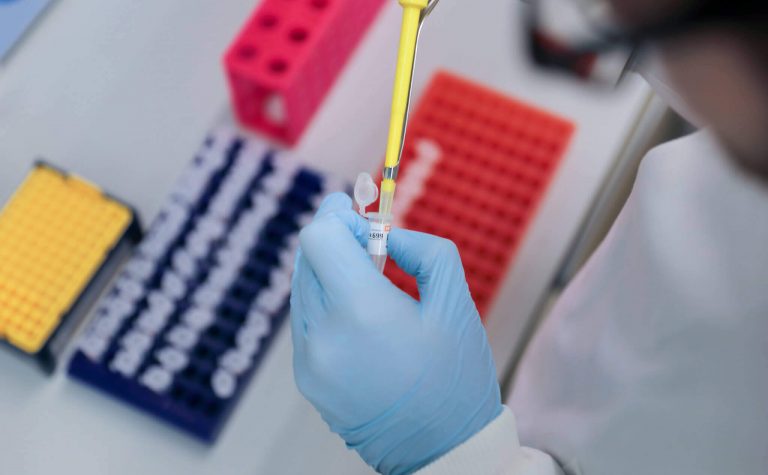Project Details
Project Title
The genetics of familial leukaemia
Lead Researcher
Professor Nicholas Coleman
Research Centre
University of Cambridge
City & Institution Postcode
Cambridge, CB2 1TN
Start Date
1 October 2012
Duration
2 years
Grant Amount
£49,920




